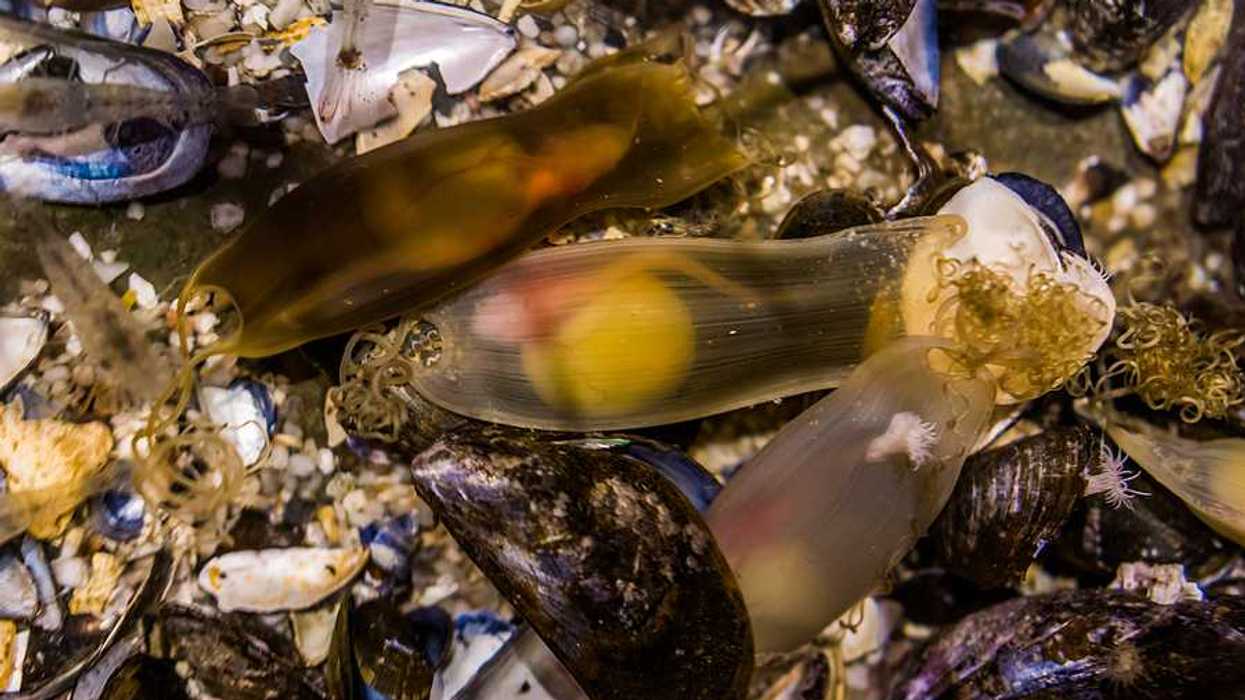As temperatures rise due to climate change, mangroves are increasingly populating the Texas coast, leading scientists to explore their effects on the region's ecosystems.
Emily Foxhall reports for The Texas Tribune.
In short:
- Black mangroves are spreading northward in Texas, altering traditional coastal ecosystems and displacing some native species.
- Scientists are studying the dual impacts of mangroves, which can protect coastlines but also threaten the habitats of certain wildlife like whooping cranes.
- Periodic freezes have temporarily curbed their expansion, yet the general warming trend predicts a continued northward spread.
Key quote:
"The expansion and also the contraction [of mangroves] is a really striking and powerful example of the role of climate."
— Michael Osland, research ecologist, U.S. Geological Survey
Why this matters:
Mangroves are reshaping coastal landscapes and biodiversity. As they move into marshlands that have historically supported different ecosystems, there could be significant shifts in local biodiversity. Some species may thrive in their new mangrove neighbors' presence, while others could be edged out, potentially disrupting existing food webs.
For coastal communities, the expansion of mangroves might offer increased protection against storm surges and rising sea levels, but it also poses questions about water management and land use planning.














